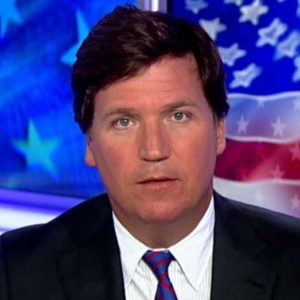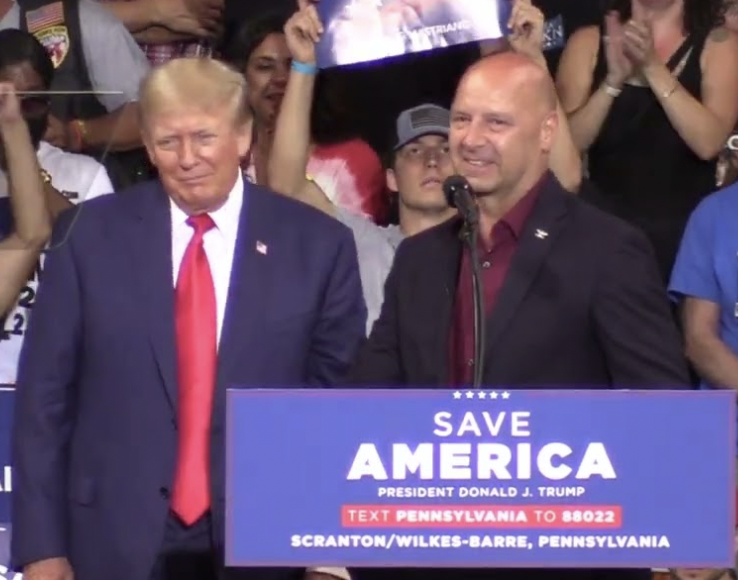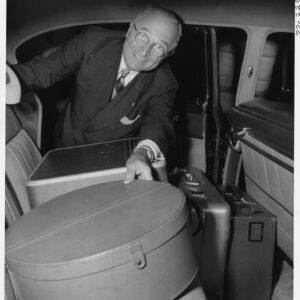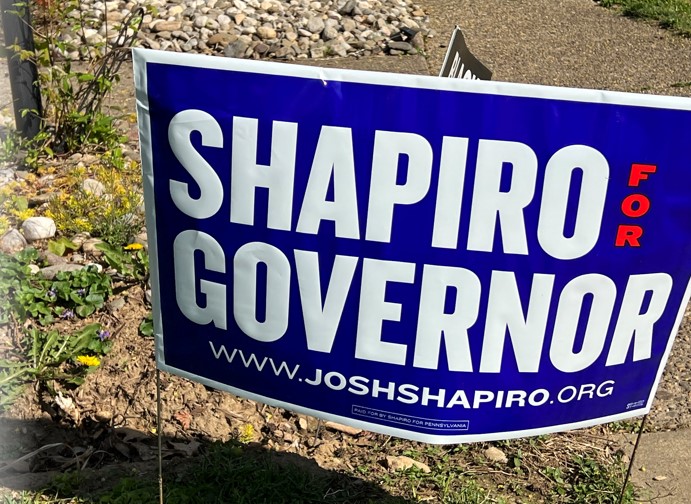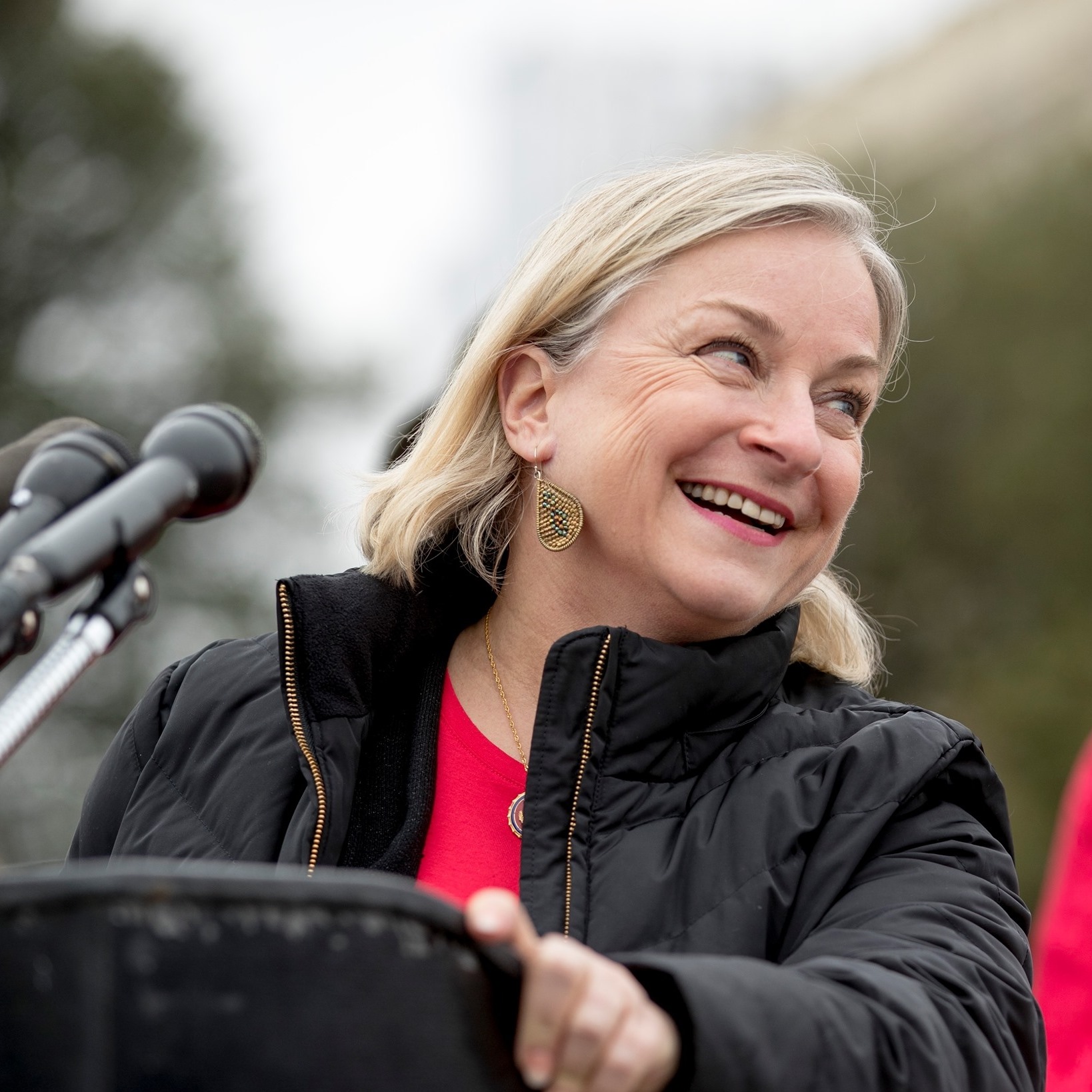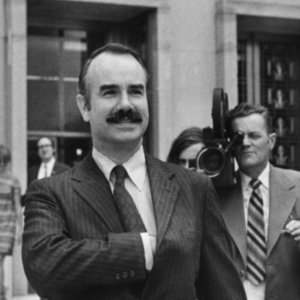Ramaswamy Brings Insults and ‘Inside Job’ Conspiracies to Fourth GOP Debate
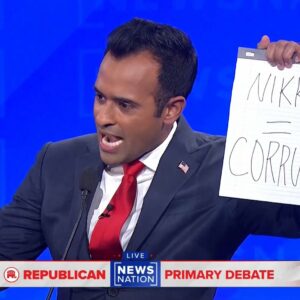
Longshot presidential candidate Vivek Ramaswamy has displayed an abrasive personality in previous debates. But in the NewsNation event in Alabama on Wednesday night, he took his act even higher, calling Nikki Haley a “neocon fascist” and declaring the Jan. 6 attack on the U.S. Capitol was “likely an inside job” by the government.
“The only conspiracy theory Vivek didn’t endorse on stage was ‘Ted Cruz is the Zodiac Killer,’” a Republican strategist said after the debate.
Ramaswamy’s polls have been trending downward for the last two months. He never broke out of single digits and is currently hovering around 5 percent in the RealClearPolitics polling average. As a result, he was able to play spoiler, launching attacks on traditional Republicans like Haley and Chris Christie.
On the other hand, Haley has emerged as the most likely serious challenger to Donald Trump. Her support has steadily increased over the past two months, and many observers expected her to be the night’s top target from her fellow competitors.
They didn’t disappoint. Ramaswamy and Gov. Ron DeSantis attacked Haley for receiving support from “rich, Wall Street donors” who, DeSantis said, would influence Haley’s decision-making.
“Nikki will cave to those big donors when it counts,” DeSantis said, to which Haley replied: “He’s mad because those Wall Street donors used to support him, and now they support me.”
Ramaswamy repeatedly insisted Haley is “corrupt,” at one point holding up a handmade sign on the notepad provided reading “Haley = Corrupt.” The audience booed in response.
Ramaswamy also called Haley a “fascist” several times, at one point saying, “You can put lipstick on a Dick Cheney — it is still a fascist neocon.”
The debate took its strangest turn when Ramaswamy reached into the Alex Jones playbook.
“Why am I the only person on the stage who can say that January 6th now does look like it was an inside job?” Ramaswamy said. “That the government lied to us for 20 years about Saudi Arabia’s involvement in 9/11? That the Great Replacement Theory is not some grand, right-wing conspiracy theory but a basic statement of the Democratic Party’s platform? That the 2020 election was indeed stolen by Big Tech?”
Polls show most Americans consider Jan. 6 a disaster and a threat to democracy, and few believe the 2020 election was stolen. The “Great Replacement Theory” — the idea that America’s White, European population is being intentionally replaced by foreigners — inspired the chants of “Jews will not replace us” by White supremacists in Charlottesville, Va., in 2017.
Ramaswamy’s antics came during what many observers considered DeSantis’ best performance. The Florida governor had some effective hits against Haley, particularly on her record of addressing transgender issues in school and her call to end anonymity on social media.
Haley had to backtrack from a previous call for “every person on social media (to) be verified by their name,” but DeSantis kept pressing.
“You can roll the tape. She said, ‘I want your name,’” DeSantis said. “She got massive blowback, and rightfully so.”
DeSantis also had another good moment when Christie, a former governor of New Jersey, laid out his reasons for opposing a ban on transgender surgeries for minors. Christie said he opposed the ban in the name of parental rights. “The minute you start to take those rights away from parents, you know, that’s a slippery slope,” Christie said. “What rights are going to be taken away next?”
DeSantis got a roar of approval from the crowd when he responded, “As a parent, you do not have the right to abuse your kids.”
There were more attacks and insults, like when Ramaswamy told Christie to “just walk yourself off that stage. Enjoy a nice meal, and get the hell out of this race.”
But the consensus is that nothing happened in the fourth debate to change the conditions since the first: Donald Trump has a big lead, and nobody is close to catching him.
“Christie was the adult in the room, but it doesn’t matter because he’s got no market,” said GOP strategist Pat Griffin. “Haley was the night’s punching bag, as expected. She handled herself well. DeSantis had the best night he’s had so far — but is that really a significant compliment? And despite the noise, Vivek was a non-factor. So nothing changes in the poll position.”
University of New Hampshire political science professor Dante Scala said he thought Christie’s straight talk about Trump and the rest of the field’s unwillingness to take Trump on helped him with voters who want an alternative to the former president. But that’s not necessarily good for the “Stop Trump” movement.
“Christie reminded Never Trump voters that he is the real deal. And that hurts Nikki Haley,” Scala said.
And he agreed DeSantis had a good night, too — for what it was worth.
“It’s a funny sort of debate when the two candidates with the least chance of becoming the nominee are the most dominant,” Scala said.
A GOP insider, speaking on background, told InsideSources the debate was a “dumpster fire” for the Republican Party, “bringing the brand to a new low.”
“It’s another step in Trump’s march to winning the party’s nomination in a landslide.”

